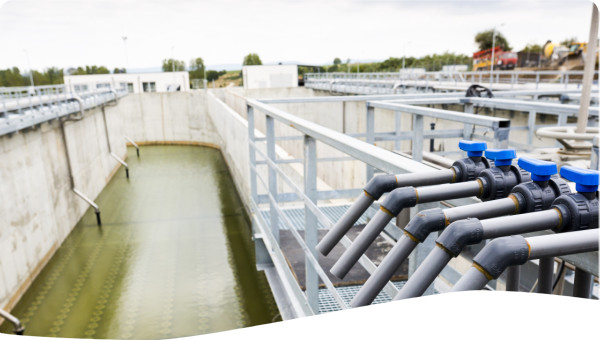The routine use of multiple water sources to meet household water needs is widely practiced and has been reported in many developing countries. However, it is typically neglected by implementers, development organizations, and researchers who tend to focus exclusively on the “main source of drinking water.” In this Perspective, we explain the nature and scope of multiple water source use (MWSU) at the household level in developing countries. We also describe the implications of MWSU for human health and water resilience, and identify key knowledge gaps, risks, and opportunities associated with MWSU. Finally, we argue that understanding MWSU is feasible for researchers and implementers and is essential for properly designing research studies and water supply projects.
Description / Abstract
Publication year
Publisher
Thematic Tagging
Inglés
 Resource -
Resource -
